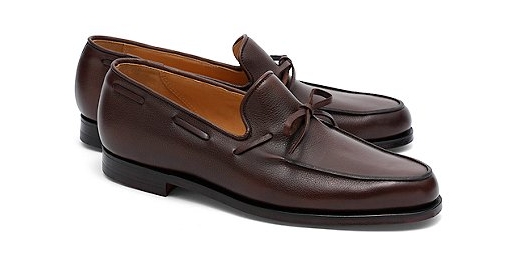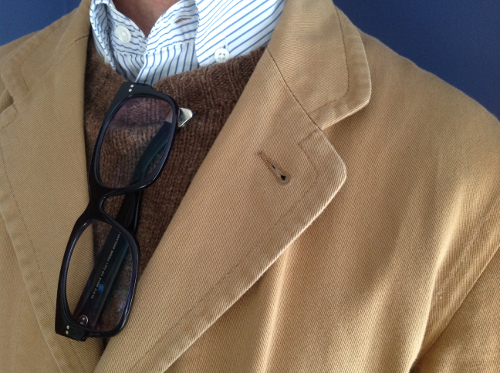Rap Invented - England 1923
Sitwell's Façade - As Ugly as Modern Poetry
The findings are out. Rap was invented by an Englishwoman in England in 1923. This was the year of the first performance of Edith Sitwell's Façade, an after-dinner entertainment featuring a series of Edith Sitwell's poems set to music by her protégé (and sometime lodger) William Walton.For the original performance, the poems were recited in proto-rap form using a Sengerphone (a papier-mache megaphone). The performers were hidden behind a curtain, with the Sengerphone poking out of a hole in the mouth of a face painted (by artist John Piper) on the curtain. Avant-garde doesn't come close.
Cultural GalapagosEdith — who a shallow critic once described as being as 'ugly as modern poetry' — was very much a product of a time when Britain was a cultural Galapagos. Before all the cultural homogenisation of globalisation began to seep in.
Take that Jay ZThis 1929 recording with recitation by Edith and Constant Lambert gives a flavour of its odd, creative brilliance. Try to make it to 7' 04" where you get the slightly famous Popular Song.
If you dare, there's a CD transfer of this 1929 recording that includes a later recording Edith made with Peter Pears. As a bonus on the CD, you also get The Triumph of Neptune by Edith's contemporary and fellow English eccentric Lord Berners thrown in gratis.
Edith on English Eccentricity
In her 1933 book, English Eccentrics, Edith wrote: 'Eccentricity exists particularly in the English, and partly, I think, because of that peculiar and satisfactory knowledge of infallibility that is the hallmark and birthright of the British nation.'Unpopular catfishEdith didn't consider herself an eccentric: 'I am not eccentric. It's just that I am more alive than most people. I am an unpopular electric eel set in a pond of catfish.'
English Eccentrics is out of print, so you will need to hunt around for it. I obtained a very nice hardback edition by The Folio Society after some searching.
God bless the English eccentrics and long may we maintain a habitat in which they can flourish.











